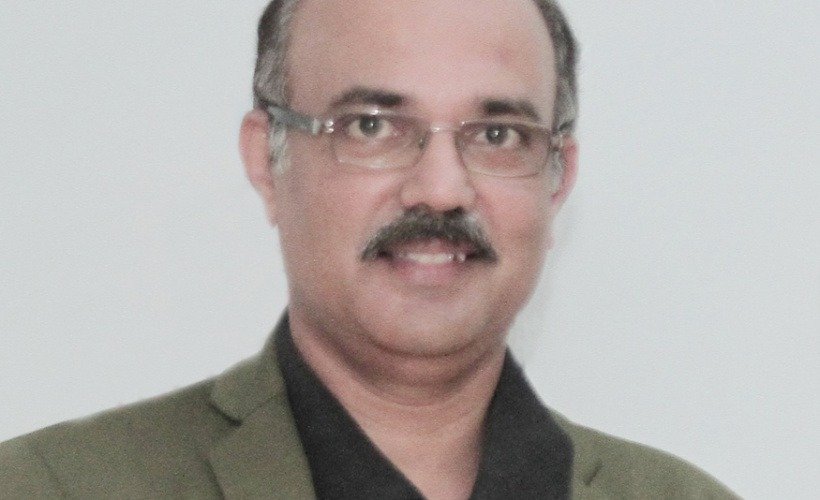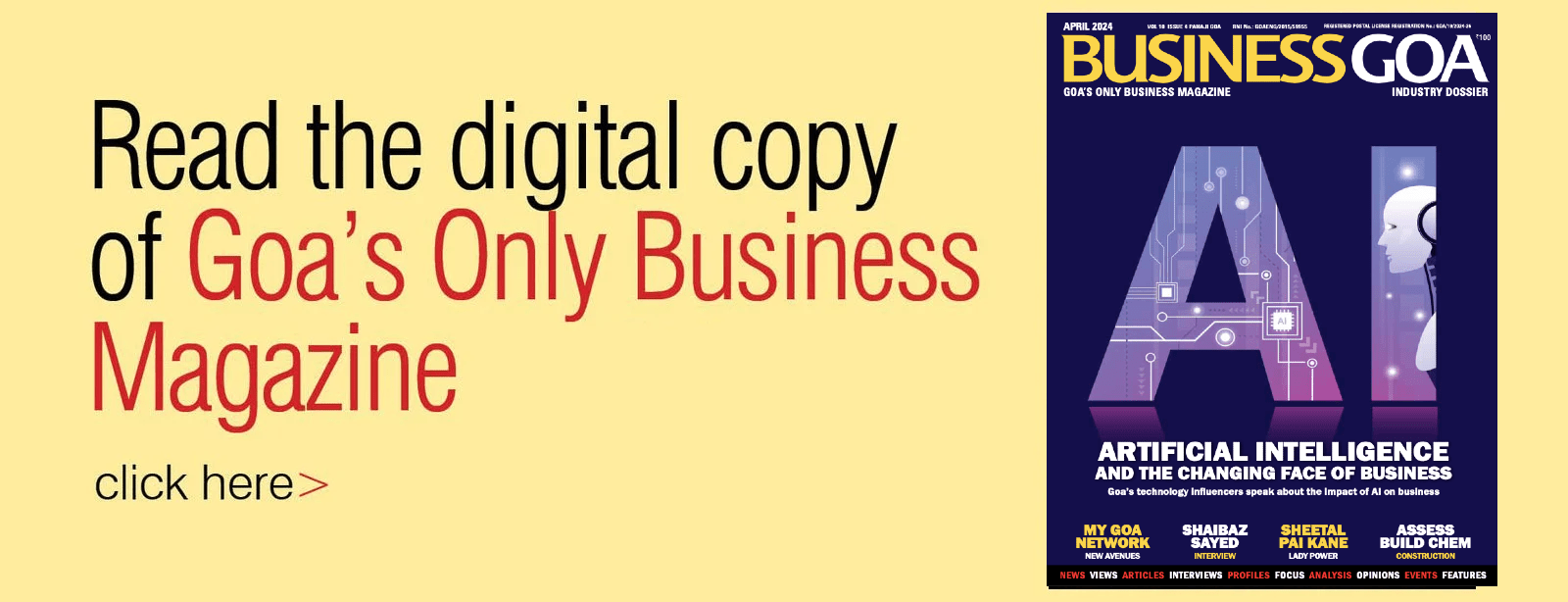
Kishore Shah speaks on how the pandemic has impacted lives and livelihood of those who are at the bottom of the industrial pyramid.
Many companies present their vision, mission statements, values, equate their employees to “assets”, passionately talk about their loyalty and priority towards stakeholders, which is all about canvassing the intent of their best practices. But in a certain world, there are very few occasions, opportunities to demonstrate such practices, so such slogans and statements often go unnoticed and untested.
However, the Covid-19 pandemic has exposed and explored industries by throwing multi-fold opportunities to practice what they have genuinely or rhetorically preached, and this is an acid test for them. Time will tell how many sacrificed the temptations of short term RoI, monetary goals for their values, vision and mission. This may sound difficult but it is not.
Let me explain the logic. The top and middle management are not going to be hit because they have always drawn hefty pay packets and perks. Their insurance policies are in place, as also their asset management, which put all together can help them remain afloat for the next few years. Investors, venture capitalists may experience a downward spiral in profits but they will not go bankrupt instantly; even in a worst case scenario as when there are restraining forces, there are also driving forces evolving for them.
The real challenge of life and livelihood is for the laid off workers, contract labourers, small businesses, vendors, supply chain value adders. To me they are like a small boat without sail, rudder, oar, anchor – all left in the raging seas to fend for themselves. They are struggling for their next meal to feed themselves and their families.
I recollect Honore de Balzac’s quote “Bureaucracy is a giant machine driven by dwarfs” and such a metaphor suggests that machines do not have empathy; neither they can run on their own or respond. So to expect something well planned and result oriented from Government will be an over expectation as bureaucracy runs on defined rules, regulations, laws for a ‘certain world’. Neither is bureaucracy oriented nor trained to manage uncertain situations of a pandemic’s magnitude spread over a long period of time successfully, as we do not have a legacy to fall back and for a country of our size and complexities, it is more complicated.
During the pandemic, several individuals, associations came forward and extended a helping hand but without a robust administrative machinery (which a bureaucracy generally has to be) to support and sustain, these initiatives got exhausted and they faded out.
Industries by their very nature are more resilient and responsive as they are constantly facing uncertainties of market; but instead of the required integrated efforts, each industry seemed to work in silos or limited themselves to provide suggestions or donate money to relief funds which in itself dampened the collective response time and the local community was left high and dry, which also included their very own employees.
The pandemic is here to stay, impacting lives and livelihood and hence to avoid any further slide, this is the time to ‘Re-engineer – Philanthropy’ such it will help all of us to contribute in rebuilding the entire world and such an initiative will be remembered for decades.
Corporate history has several cases where huge loss was internally absorbed as a priority to avoid even a single starvation/death due to its product/service malfunctioning. There are several cases of product recalls, free replacements which were in several millions and billions.
It is quite understandable that business leaders face stressful pressure from investors and bankers to ensure bottom line at any cost but investors, merchant bankers will not face an immediate survival crisis; and neither will their coffers empty quickly.
Even those who have seen their savings drying up, can expect to see the stock market bounce back as long as they hold their shares. Writing off costs is not new to industries. The reasons could be restructuring, product failures, or acquisitions that have gone haywire.
Here is how we can re-engineer philanthropy to support those who are at the bottom of the pyramid like employees, micro vendors, health care providers and communities; because they are the link to kickstart the economy.
1. Companies can even pay less. This may not qualify as CSR or philanthropy, but it will help all to float and swim back when the economy bounces back.
2. Companies can reincarnate a part of it as internal bank and provide soft loans which will facilitate fast disbursal and also prevent their employees, micro vendors to get trapped into the web of treacherous money lenders who would fleece them.
3. Industries can alternatively provide collateral security and facilitate bank loans for their micro vendors, contractors, laid off employees who have dedicatedly worked for years.
4. Industries are huge markets for insurance business. Using this clout, industries can and should negotiate to provide health cover for their workers, local community and the marginalised.
5. Industries should resist the age old habit of demanding credit, delaying payments and rather release advance payments to their small suppliers, which they desperately need – cash in hand to restart it like a thanksgiving or a gift voucher which makes the customer return back to your shop again to redeem.
6. Hot spots and Cold spots: The pandemic wave is at different stages in different countries hence the need/demand for masks, sanitisers, PPE, ventilators, oxygen cylinders etc. will vary from one area /country to another. Instead of duplication, there can be grid/hedging where healthy exchanges can take place so that the inventories are purposefully utilised thus saving time, effort and money.
7. Large scale Community Integration: Every community has all the required ingredients and resources to combat such calamities but what is missing is a sustainable integration platform which is swift, simple and smart. Creating such will be the game changer. Industry associations should take the lead to build an IOT platform and integrate communities which in turn could run Covid facilities, canteens, clinics, providing employment.
In times of calamity what matters is your ability to collectively brain storm and find sustainable solutions. It does not need a herculean effort but with simple, swift, superior collective thinking, feeling and action – we can re-engineer ‘philanthropy’ and rebuild the world together without burning out





